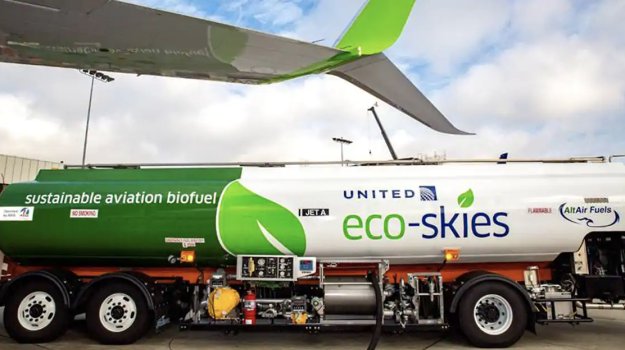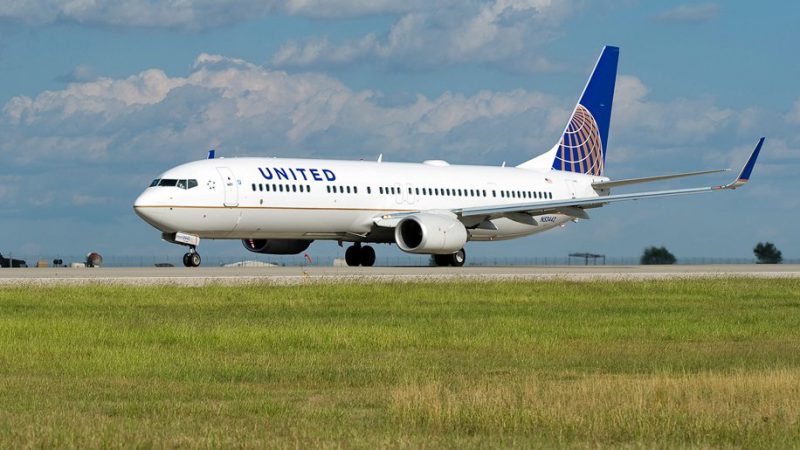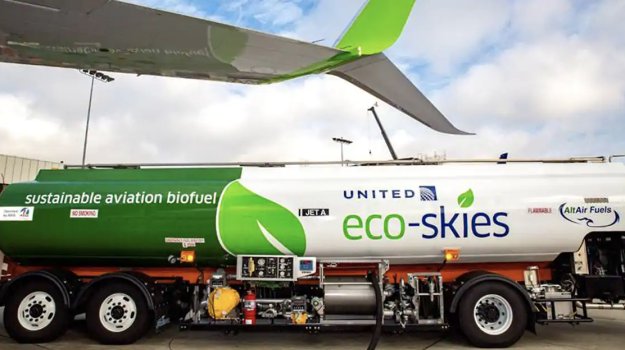United Pledges 100% Greenhouse Gas Reduction by 2050
Investments in carbon capture and sustainable fuels propel the carrier toward carbon neutrality through direct measures
December 11, 2020


United Airlines has announced plans to reduce its greenhouse gas emissions by 100 percent by 2050. Furthermore the carrier says it will achieve carbon neutrality not through indirect measures like carbon-offsetting, but by becoming the first airline to make a multimillion-dollar investment in an atmospheric carbon capture technology known as Direct Air Capture.
United is supporting the Direct Air Capture with an investment in 1PointFive, Inc., a partnership between Oxy Low Carbon Ventures, a subsidiary of Occidental, and Rusheen Capital Management.

Direct Air Capture technology, which 1PointFive licenses from Carbon Engineering, is one of the few proven ways to physically correct for aircraft emissions. The process physically removes carbon dioxide (CO2) from the air and then permanently and securely stores it deep underground.
The airline’s investment will help 1PointFive build the first industrial-sized Direct Air Capture plant in the United States.
According to a statement from United, a single plant is expected to capture and permanently sequester one million tons of CO2 each year, equivalent to the work of 40 million trees, but covering a land area about 3,000 times smaller. The process can be scaled to capture millions and potentially billions of metric tons of CO2 each year.
In addition the airline says it will continue its longstanding investment in the development and use of sustainable aviation fuel. SAF has up to 80 percent less lifecycle carbon emissions than conventional jet fuel, according to United, making it the fastest and most effective way to reduce its emissions.
United has the longest history of using SAF of any US airline, and was the first airline globally to incorporate SAF in regular operations on a continuous basis. Last year, the carrier renewed its contract with Boston-based World Energy, agreeing to purchase up to 10 million gallons of cost-competitive SAF which it has used to help sustainably power every flight departing its Los Angeles hub since 2016.
“These game-changing technologies will significantly reduce our emissions, and measurably reduce the speed of climate change – because buying carbon offsets alone is just not enough,” said Scott Kirby, United’s chief executive officer.
“Perhaps most importantly, we’re not just doing it to meet our own sustainability goal; we’re doing it to drive the positive change our entire industry requires so that every airline can eventually join us and do the same,” Kirby added.




